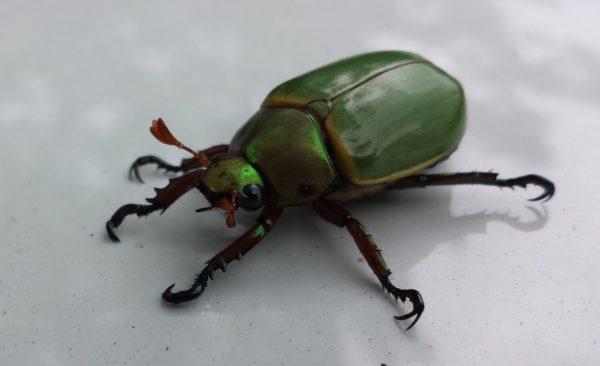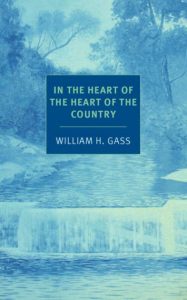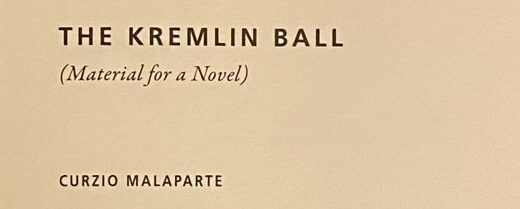Corruption, in these bugs, is splendid.
The poetic cadence of this sentence (from the story “Order of Insects” in the collection In the Heart of the Heart of the Country, by William H. Gass) provoked me as much as the imagery and associations produced by the descriptions.


That sentence is so simple, and its beauty results from the simplicity amidst a series of remarkably descriptive sentences. The moralism of the narrator is tacit as well as the burgeoning captivation with the bodies of these insects. Corruption has unmistakeable moral meaning, and even resonates with an Augustinian metaphysics. She’s a housewife and horrified by these invaders, but she’s also a woman to whom a vast field of nature is revealing itself.
The phrase in this species rings with the verbiage of the amateur entomologist. Yet the phrase is set off my commas as a non-restrictive clause, which should mean that it’s not pertinent to the primary meaning of the sentence. Despite this, here the commas are the marks of emphasis or breath—the ones that teachers use to explain what commas are for (a danger of pedagogical practice: that the ladder will not be pushed away).
Finally, the predicate. The adjective splendid denotes a pleasure, a splendor, that borders on the illicit. It’s a very unique choice of adjective for that reason. Is the joy in seeing the dead bug a sort of sensual pleasure? Is it the substitute for another pleasure?



